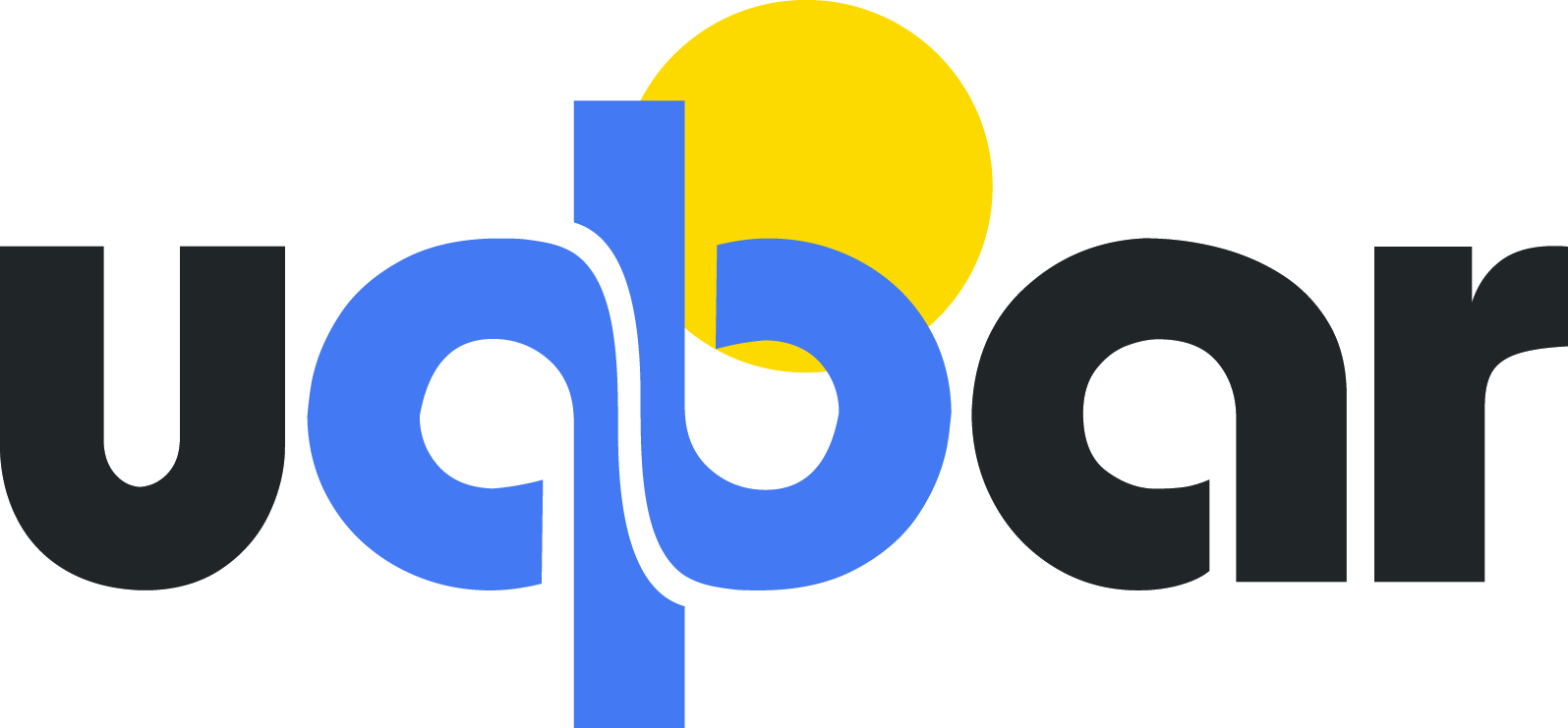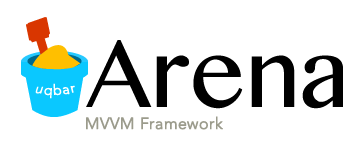State
Arena enforces you to use a model when defining a view.
So although view is a class and therefore you could use private variables to store view's state it is usual to work with a model.
Domain model
Some views can use a domain object as a model: a customer, an employee, a contact, an invoice. Nevertheless it is necessary to use a different model for some ui widgets, like the Home object for the "Ok" button when you want to save the data in an edition panel.
Application model
If you have a panel with complex user interaction, a domain model does not fit well, thus breaking the 1:1 binding relation between components and properties. Our goal is to model an object that handles the conversational state of the view without having technological dependencies. We call these kind of objects application models.
- they don't depend on Arena implementation, they are UI-technology free
- they can be easily tested (with a Unit test framework, for example)
- they don't model a domain concept, but instead they serve as a buffer, they represent a use case abstraction
Some examples
A search panel:
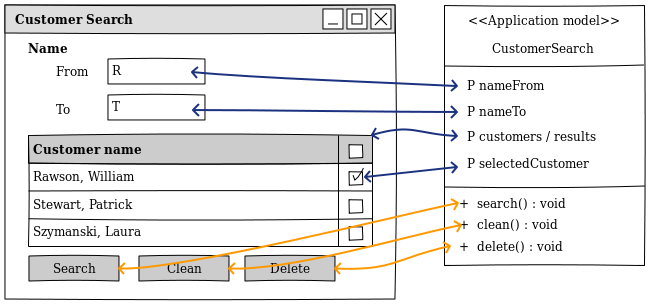
A create panel:
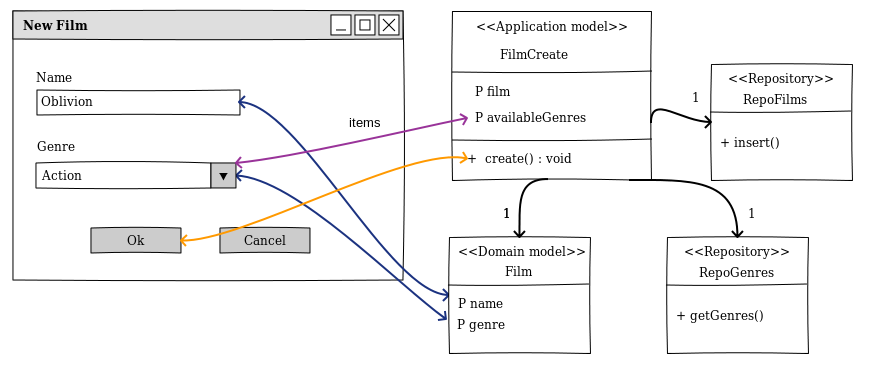
An order panel, where you can select/create a customer and select/create a product:
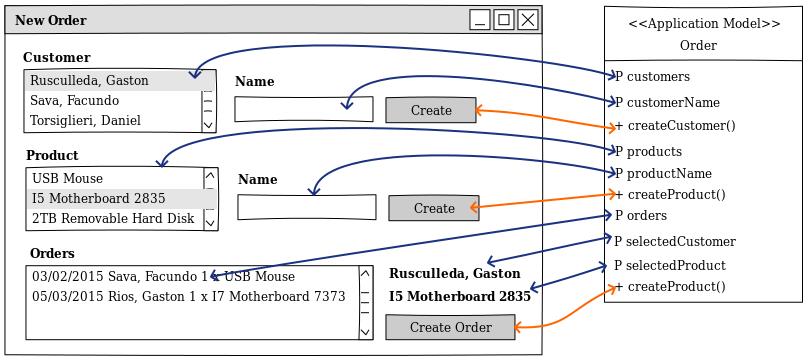
Implementations
It is clear that a Search panel should have a "Search object" as application model. If you want to take a look you can extend these classes:
- Search<T>: base class for implementing search objects
- SearchByExample<T>: default implementation of a Search, delegating a Repository object and performing a search by example
